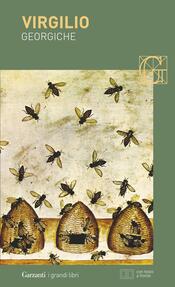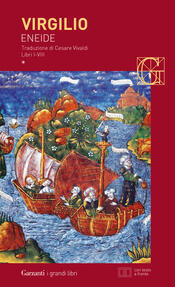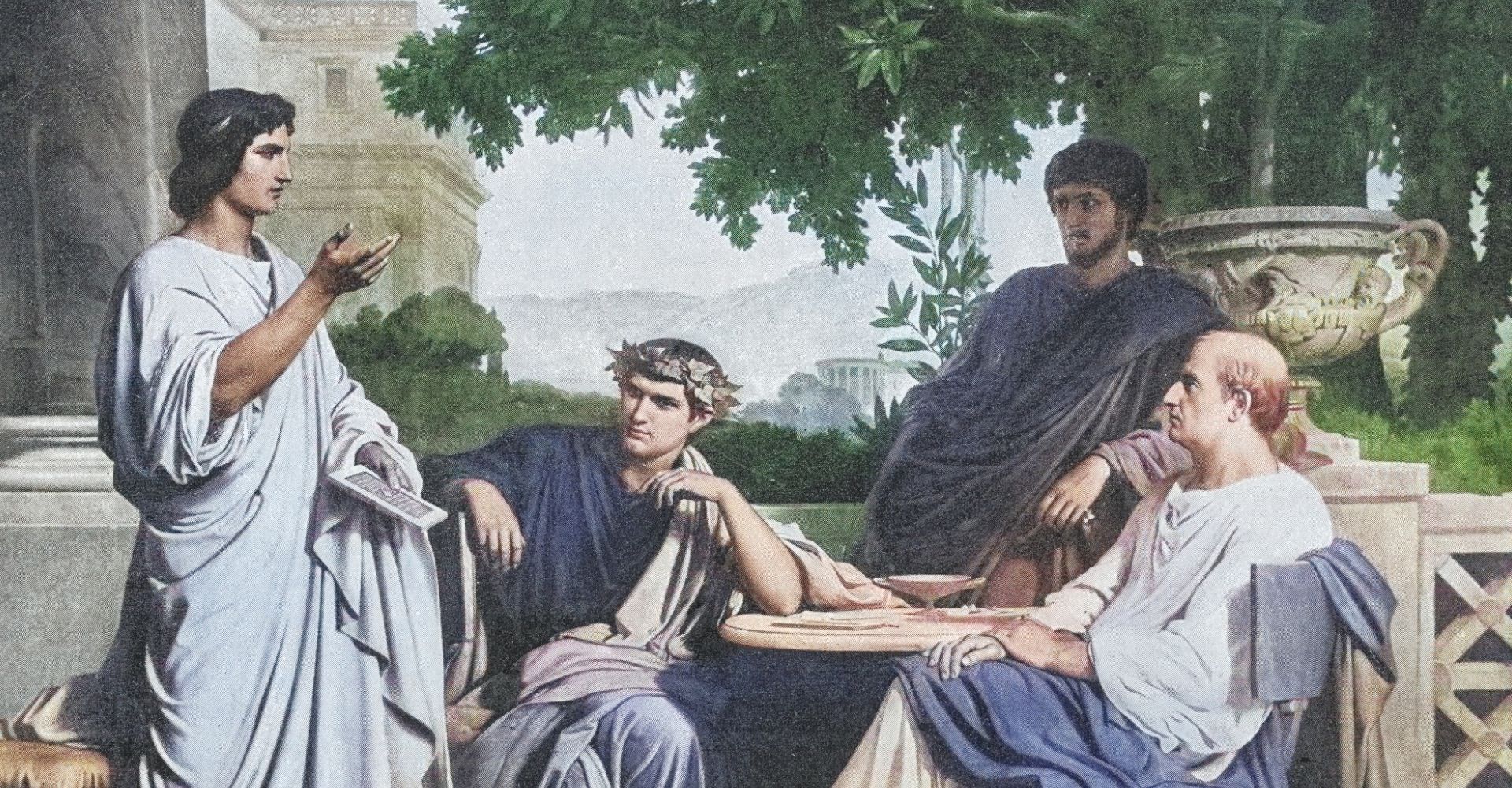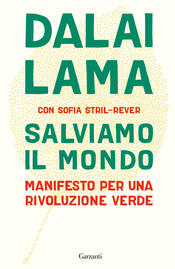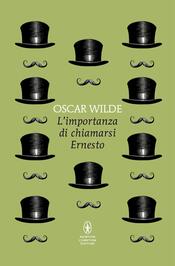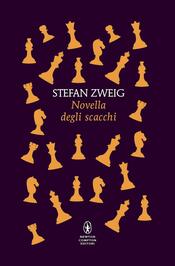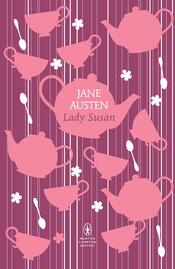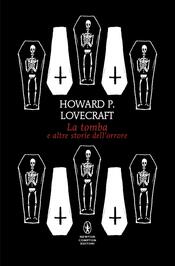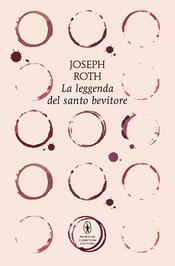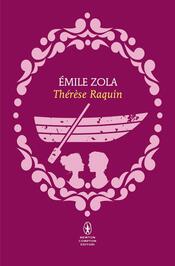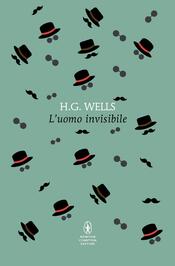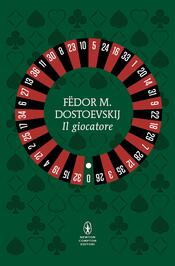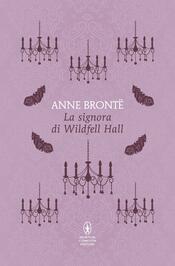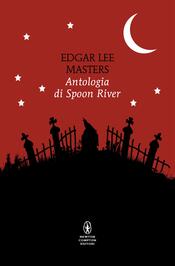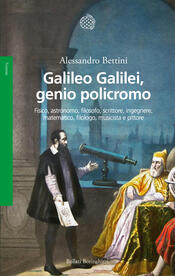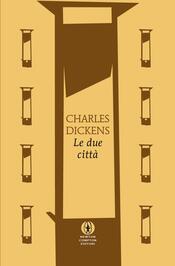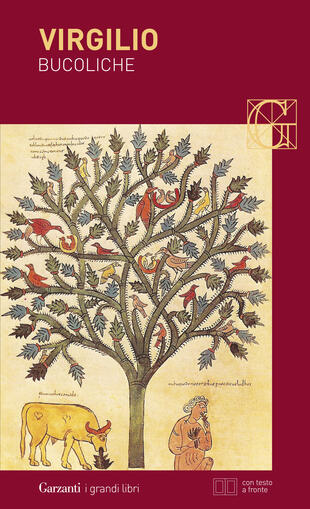

Bucoliche
-
Tradotto da: Mario Geymonat
Tutti i formati dell'opera
Acquistalo
Sinossi
Introduzione, traduzione e note di Mario Geymonat
Con testo a fronte
Le Bucoliche, composte fra il 42 e il 39 a.C., raccolgono dieci egloghe in esametri, alcune lirico-narrative, altre in forma dialogica. Nei versi prende forma l’idillica visione di una vita semplice e innocente, fatta di umili lavori nei campi, ozi, silenzi, gare di canto all’ombra dei faggi e delle querce. I pastori di Virgilio non hanno nulla di rozzo: sono idealizzati, quasi fossero poeti che attraverso il contatto con la natura cercano di stemperare il contrasto insanabile con la violenza della storia. Virgilio innova profondamente il modello dell’idillio agreste e pastorale di Teocrito introducendo realisticamente nel mondo sognante e mitologico della poesia bucolica la sua personale esperienza della campagna padana e i drammi della confisca dei beni nel mantovano all’epoca delle guerre civili.
- ISBN: 8811362563
- Casa Editrice: Garzanti
- Pagine: 176
- Data di uscita: 24-03-2005
Recensioni
Our familiar Virgil tempers the grandeur of the epic with loss, and strikes ambiguous moods in the midst of war glory; but, the lesser known Virgil floods the senses with a rustic imagination drunk on the colourful singing of country air through mountains and over streams. Here the world turns over, Leggi tutto
U eklogama glavni lik je prostor – irealno međuprožimanje čoveka i prirode. Čovek ekloge nije homo faber, onaj koji svetu pristupa sa umećem, već je homo pastor – bukolikos. U takvom svetu nema vremena – ni cikličnog ni linearnog – vremenska ravan je zapravo negde iza, ali ne i vremensko proticanje. Leggi tutto
I read this, mistakenly, because of Willa Cather; it wasn't until I brought it all the way home from the library that I checked again and saw that she was quoting not the Eclogues but the Georgics in My Ántonia . I read it anyway. The Eclogues (c.39 BC)—also and more descriptively known as the Bu Leggi tutto
I once spoke with a young goatherd on a wild Greek hillside and imagined for a moment I was in Arcadia, but I was rapidly aware of the disconnect between fantasy and reality. I could just about imagine him playing a flute but he and his goats exuded a very pungent and not very appealing odour, and a Leggi tutto
Un giorno Dafni sedeva all'ombra di un'elce frusciante,e Coridone e Tirsi vi avevano radunato greggi,Tirsi le pecore, Coridone le capre colme di latte;ambedue nel fiore dell'età, esperti nelle arti di Arcadia,pari nel canto, e pronti ugualmente a ribattere:là mi s'era sperduto proprio il caprone del Leggi tutto
Citazioni
Al momento non ci sono citazioni, inserisci tu la prima!

